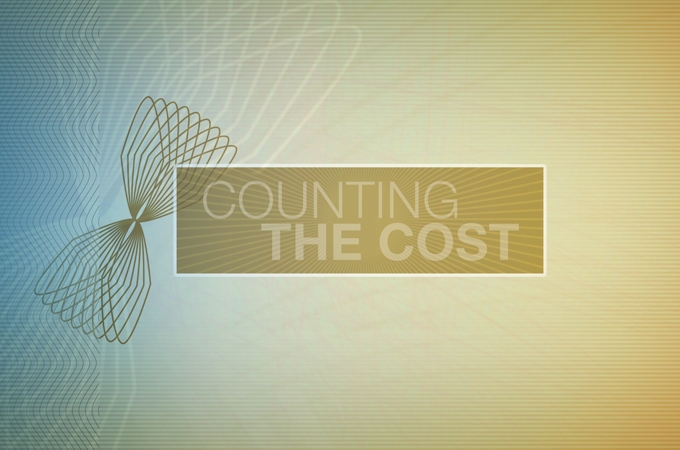
Iraq: The money behind the rebellion
We follow the money trail to see where the ISIL rebels get their funding from and what that means for the region.
For some time we had heard about the Islamic State in Iraq and the Levant, the ISIL, but now, after its effective blitzkrieg through Northern Iraq, we know all about it and what it is capable of.
The sudden rise of the ISIL took pretty much everyone by surprise, but what is quite fascinating as we have been finding out this past week is how this group – the richest terrorist group in the world, some call it… is so widely and intricately supported.
Consider this: Iraq’s Prime Minister Nouri al-Maliki says Qatar and Saudi Arabia are the big backers and indeed both countries have supported opposition groups in Syria, which is the ISIL’s other domain. But according to the Brookings Institution, Kuwait has emerged as the “financing hub” for Syria’s myriad rebel groups.
The Council for Foreign Relations estimates ISIL has raised as much as $8ml. A month from businesses in Mosul… and that was before their forces captured the city. And an intelligence official told the Guardian newspaper that ISIL secured massive funding from oil fields in eastern Syria – selling oil back to President Assad’s regime. All-in-all it could be worth $2bn.
We speak to Michael Stephens, the deputy director of the think-tank, Royal United Services Institute.
Corporates of power
Last week our focus was inequality – this time it is about power – corporate and economic power. The French bank BNP Paribas has been accused of breaking sanctions by dealing with Iran, Sudan and Cuba – dealings which were perfectly legal in France but not the United States. The result could be a $10bn fine, which one French newspaper described as a quote “declaration of war”.
According to Bloomberg, at least 21 banks haven been penalised about $4.9 billion since President Barak Obama took office. But while international banks are being punished, the perception is Washington has not taken a tough enough stance with Wall Street for causing the financial crisis.
Is punishing overseas banks turning into an extension of foreign policy reach? Felix Salmon, the senior editor at fusion.net and blogger and previously, editor at Reuters, tries to answer that question.
Debt domicile
The United States has spent more than $11 trillion trying to stablise the economy and Wall Street when the financial crisis began. But just as there was fury over the banks being saved at the time… there are also accusations of Washington not doing enough for the victims of the crisis – namely mortgage holders.
And now research by two economists suggests the economic recovery may be undermined by those very indebted households.
One of the authors of House of Debt, Amir Sufi, speaks to Counting the Cost. He is also the Chicago Board of Trade professor of finance at the University of Chicago.
Watch each week at the following times GMT: Friday: 2230; Saturday: 0930; Sunday: 0330; Monday: 1630. Click here for more Counting the Cost . Follow Kamahl Santamaria @KamahlAJE and business editor Abid Ali @abidoliverali . |
